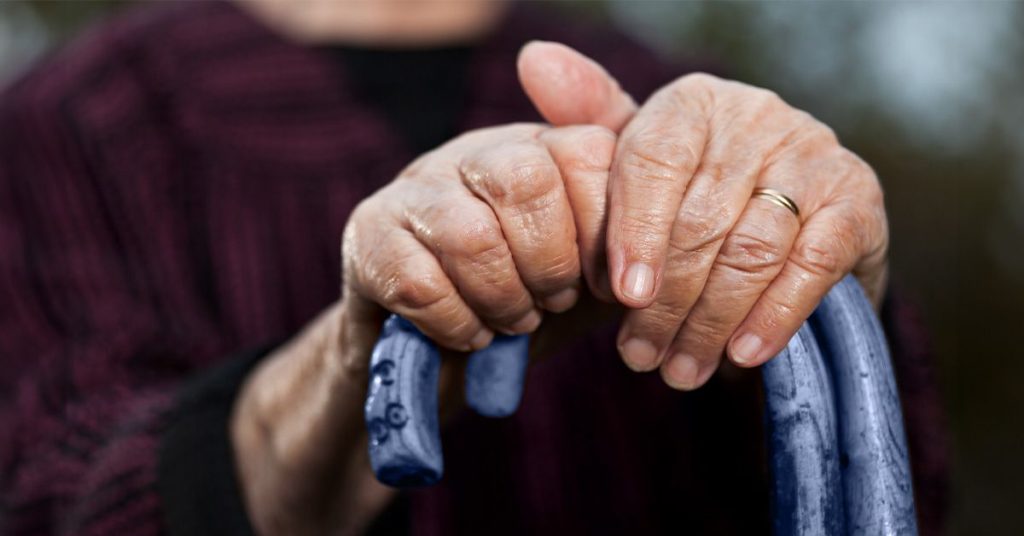A study published in JAMA Network Open found that older adults who have experienced a traumatic injury as a result of falling are more than 20 percent likely to later receive a diagnosis of Alzheimer’s disease or another related dementia. The study examined data from over 2 million older adults who had sustained a traumatic injury, with more than 10 percent of them receiving a dementia diagnosis in the year following their fall. Experts suggest that older adults who have been hospitalized due to a fall should undergo cognitive testing as falls may be linked to cognitive decline.
The average age of patients who experienced a fall in the study cohort was 78, with more women falling than men. Older adults over the age of 65 who sustain traumatic injuries from falls are more prone to already developing cognitive decline. Some types of dementia, like Alzheimer’s disease, result from the progressive death of brain cells and neurons, while head injuries can contribute to dementia through direct cell damage. Loss of motor skills is part of the progression of Alzheimer’s disease, making people more prone to tripping or falling.
The connection between falling and the development of cognitive diseases can be a “two-way street,” according to senior author Molly Jarman. While the study did not provide a direct association between falls and dementia, it is suggested that some patients may have had mild cognitive impairment before the fall and progressed to dementia post-fall, or may have had undiagnosed dementia that was formally diagnosed following the fall. The study highlights the importance of cognitive screening for all older adults hospitalized due to a fall to aid in early diagnosis of dementia.
Neurologist Clifford Segil explains that certain types of dementia, such as Lewy body dementia or Parkinson’s dementia, may increase the risk of falls among older adults. Conditions associated with aging, like heart disease, diabetes, or Parkinson’s disease, can result in falls and increase the risk of dementia. Segil suggests that patients who experience ground-level falls should undergo outpatient cognitive screening to assess for dementia, as these falls can be a sign of cognitive decline. Overall, the study emphasizes the importance of early diagnosis and intervention for older adults at risk for developing dementia following a fall.













